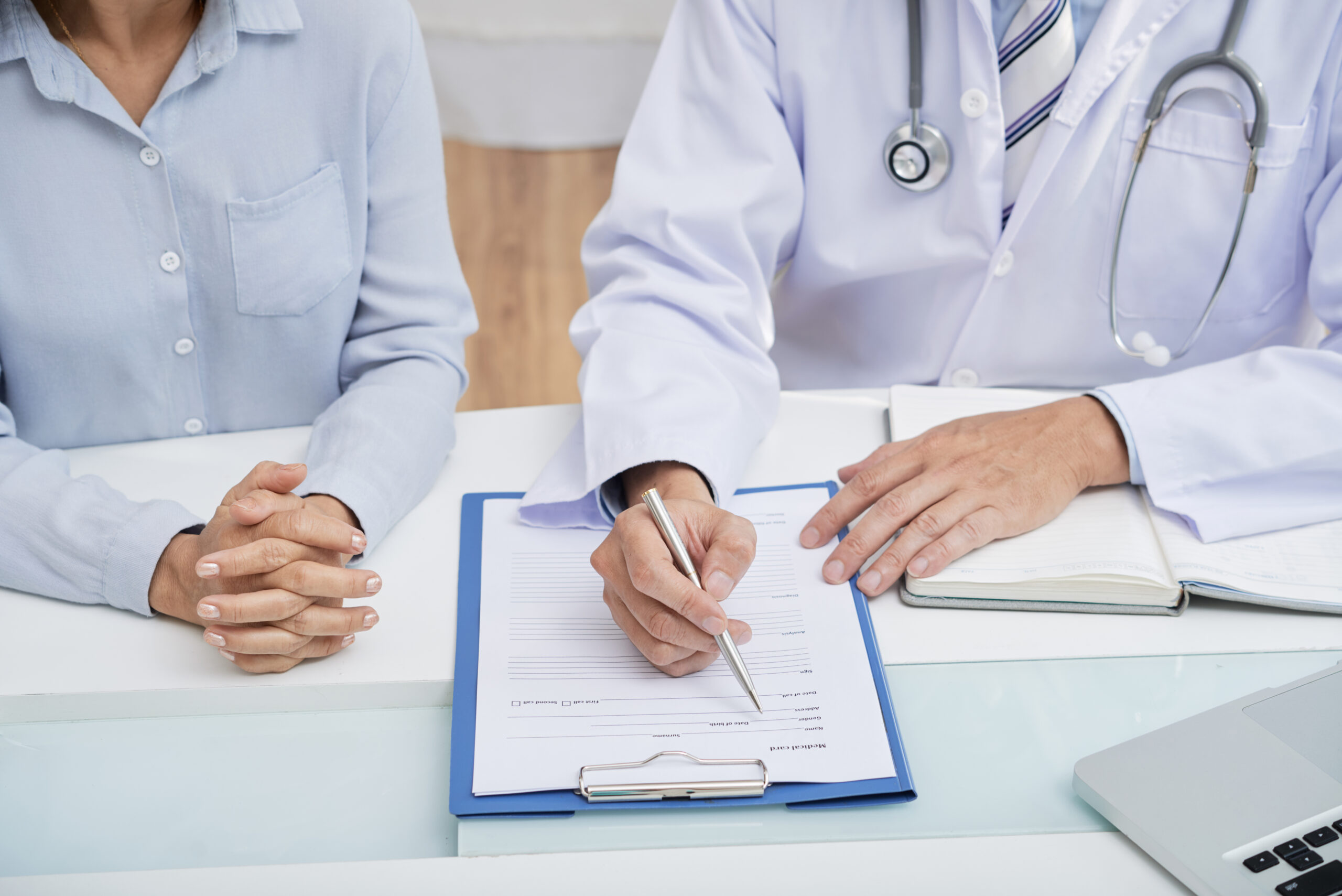Your liver is a hard-working organ that helps your body break down food, filter blood, and fight infections. Early liver disease detection is crucial, as many liver diseases don’t cause symptoms until they’ve reached a serious stage. Therefore, getting regular check-ups and being aware of the risk factors for liver disease is vital.
What is Liver Disease?
Liver disease refers to any condition that damages the liver. Additionally, there are many different types of liver disease, each with its causes and symptoms. For example, hepatitis B and C are viral infections that can lead to liver damage. Moreover, excessive alcohol consumption and fatty liver disease are also common causes of liver problems.
Why is Early Detection Important?
Early detection of liver disease is key to successful treatment. Basically, the earlier a disease is diagnosed, the more treatment options are available. Moreover, early treatment can prevent serious complications such as liver failure and liver cancer.
Symptoms of Liver Disease
While many people with liver disease have no symptoms, some common signs to watch out for include:
- Yellowing of the skin and eyes (jaundice)
- Fatigue
- Abdominal pain
- Swelling in the legs and ankles
- Dark urine
- Light-colored stools
However, it’s important to note that these symptoms can also be caused by other medical conditions. Therefore, if you’re experiencing any of these symptoms, it’s essential to see a doctor.
Risk Factors for Liver Disease
Several factors can increase your risk of developing liver disease, including:
- Excessive alcohol consumption
- Infection with hepatitis B or C
- Obesity
- Type 2 diabetes
- High cholesterol
- A family history of liver disease
How to Prevent Liver Disease
While you can’t control all of the risk factors for liver disease, there are several things you can do to protect your liver:
- Limit alcohol consumption
- Maintain a healthy weight
- Eat a balanced diet
- Get vaccinated against hepatitis B
- Practice safe sex

Regular medical check-up
Regular check-ups with your doctor are essential for early detection of liver disease. During these visits, your doctor may order blood tests to check your liver function. Additionally, if you’re at high risk for liver disease, your doctor may recommend more frequent monitoring.
Conclusion
Early detection of liver disease is vital for preventing serious complications. By understanding the risk factors, knowing the symptoms, and getting regular check-ups, you can take steps to protect your liver and live a healthier life.














